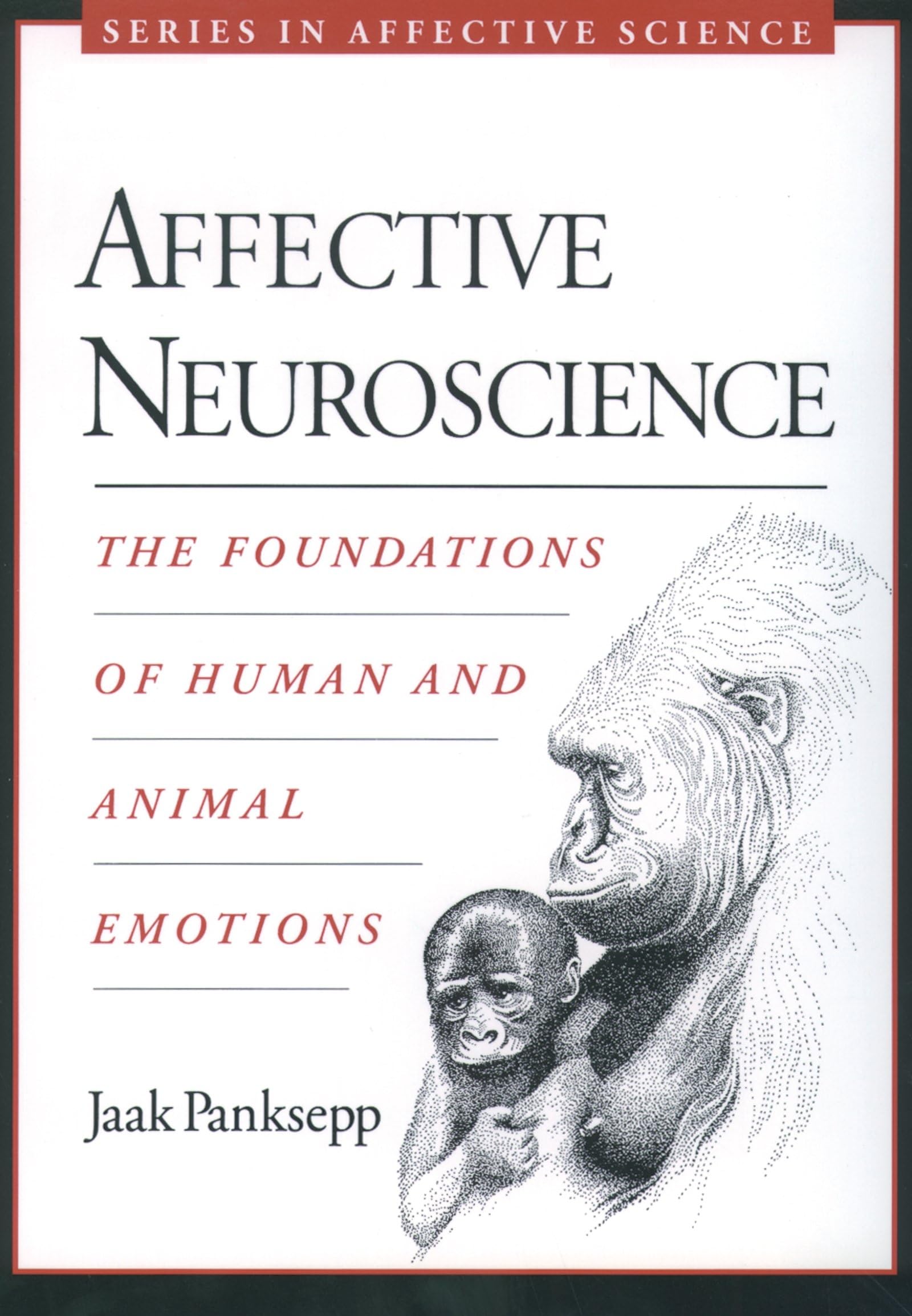

Affective Neuroscience: The Foundations of Human and Animal Emotions (Series in Affective Science)
D**Y
An Excellent Foundation, Despite Its Age
It often astonishes me how many of my colleagues continue to argue that emotions are no more than simple reflexes that probably do not even exist in animals. Yet anyone who spends much time with animals constantly observes sophisticated reasoning and highly developed emotions. And it is difficult to try and reduce the sometimes devastating consequences of emotional disturbances in people with mood disorders to a series of reflexes.Fortunately the understanding of the neurobiology of emotion has taken enormous strides in recent years. Jaak Panksepp, long regarded as one of the leaders in the field, gives us a wonderfully readable account of some of the neurological machinery that helps organize emotion in ALL mammals. For it is becoming clear that emotion is present in every mammal so far studied: even mice show evidence of emotion.Panksepp includes discussion of arousal and of sleep: this one is of particular importance in the light of the increasing body of clinical work indicating that many mood disorders are secondary to disturbances of sleep, rather than sleep disorders being a consequence of mood disorders. He goes on to discuss systems involved in pleasure and fear, the sources of some forms of anger and rage. He is very good on the neural control of sexuality in animals, as well as the subtle emotions involved maternal care, social loss, and playfulness. The importance of these neurological systems in human beings remains an open question: humans are so astonishingly complex and have so many "extra" dimensions on their behavioral actions, that it is probably unwise to try and reduce these complex behaviors to the firing of groups of neurons.This focus on the neurobiology of affect is welcome, though it is valuable to remember that emotion can also be conceptualized as irreducible psychological and social functions.Although this book is eight years old, it remains an excellent foundation and context in which to place more recent books and papers.
G**L
Take your thinking to the next level
I’ll try to add some new observations on this excellent work. It is written from the perspective of a philosopher-scientist; not in the English-American style of “if it can’t be measured, it doesn’t exist”. Panksepp goes into the nuances and “what if’s” of things. This is new thinking, not just new data. He also brings up the touchy problem of our relationships with other beings on the planet, human and infra-human. As I read I found myself recalling Peter Kropotkin’s mutual aid ideas, and finding a neurodevelopmental explanation. That is, the experimentalists miss the point: if we were only stimuli and responses (survival of the fittest), for what reason would we care to research it (mutual aid)? And, Panksepp’s breadth and depth of explanation is extraordinary; it isn’t easy reading, but it is a pleasure to read. It is for study and consideration; nor for recreation. If you have any interest in taking your thinking to the next level, you should get this book.
J**M
A Clear Introduction and Much-Needed Corrective
As the parent of a son with autism trying to understand his social and emotional deficits, I found this book to be clear and to provide an extremely useful framework for understanding emotions. It will be useful to any reader who wants a deeper and more accurate picture of emotions than is presented in popular treatments of the topic. It also gives a clear sense of how far research has yet to go to give us some of the answers we most want. Although I am sure it is dated (as of this writing), the introductory chapters do a wonderful job of placing the author's work in the context of other areas of research and other views within the same areas, describing what he sees as the strengths and weaknesses of each position.
C**K
Amazing and critical knowledge!
Absolutely groundbreaking and fundamental critical knowledge for this field. I have heard this has been called the Bible of neurobehavioral science and I think I can see that and agree with it. Fantastic writing and work all-together.
N**S
Knowledge is power.
Neuroscience that's useful. This information is in depth. Understanding the science as explained in this book helps to know more about the chemical/physical aspects of emotions. It's more than just a feeling. This needs to be known.Thank you for sharing this information with the world. This book costs but it's worth it.
Trustpilot
1 day ago
2 months ago